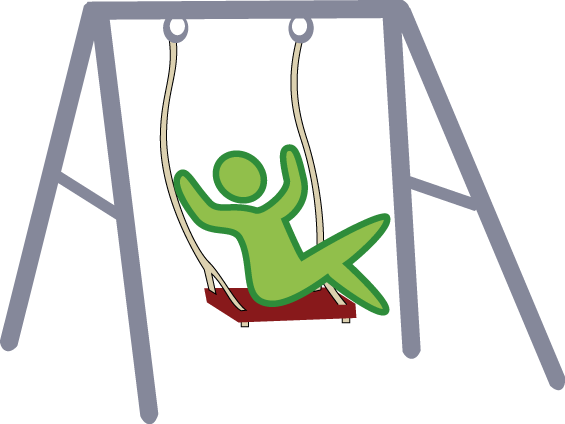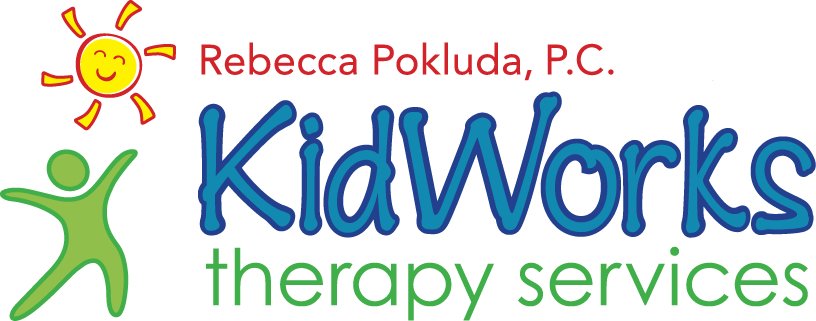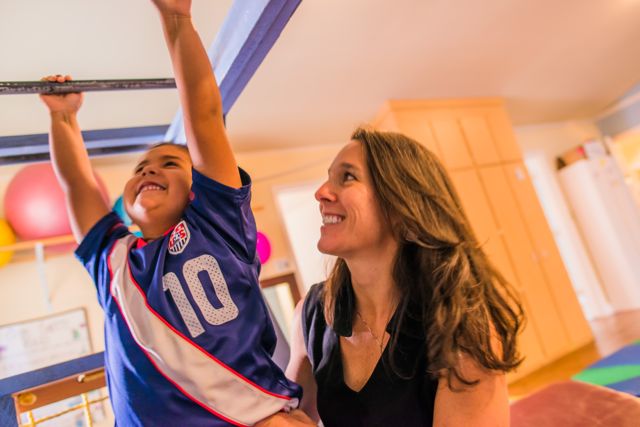
What is Occupational Therapy?
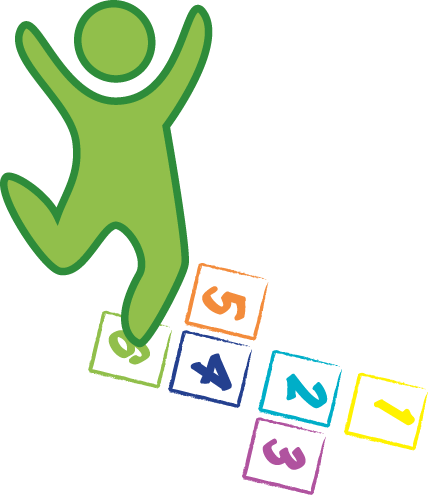
Occupational Therapy (OT) is a health profession that helps people improve the functioning of their nervous systems in order to develop skills, leading to success in everyday life including social, personal, academic, and vocational pursuits. An Occupational Therapist is an allied health professional trained in the biological, physical, medical, and behavioral sciences, including neurology, anatomy, physiology, human development, kinesiology, orthopedics, and psychology. OTs must be certified by the Occupational Therapy and Physical Therapy Board of Texas to practice in the state of Texas .
Pediatrics is a specialty field of Occupational Therapy. Pediatric Occupational therapists can specialize in Sensory Integration and Praxis.
Occupational Therapy helps children develop the basic sensory and motor components which influence learning and behavior, such as body awareness, coordinating two sides of the body, fine motor control and organization, motor planning, motor movements and coordination, gross motor coordination, ocular motor skills, and visual perceptual skills.
Therapy helps to develop the underlying skills necessary for learning and performing specific tasks, as well as social and behavioral skills, self-concept, and confidence. Occupational Therapists not only work directly with the child, but also with the parents and the family in order to educate and reinforce specific skills and behaviors which will be used to improve and facilitate the child's performance and functioning.
Sensory Integration develops in the course of ordinary childhood activities. For most of us sensory integration occurs automatically, unconsciously, and without effort. But for some children sensory integration does not develop efficiently. When the process of sensory integration does not occur a number of problems in development, learning, language, social skills, and behavior may become evident.
Occupational Therapists work with the following populations, but are not limited to:
- Attention deficit disorder (ADD) with or without hyperactivity (ADHD)
- Autism, Aspergers, and other pervasive developmental disorders (PDD)
- Specific learning disabilities
- Motor Coordination Difficulties
- Cerebral Palsy
- Down Syndrome
- Visual Impairments
- Multi-handicapped
- Developmental disorders
- Vestibular disorders
- Neuromuscular disease
- Premature birth- before 32 week gestational age
- Low birth weight- below 1500 grams
- Genetic disorders
- Neurological insult occurring before, during, or after birth
- Delays in developmental skills
- Sensory processing skills
- Poor organization of behavior- state regulation
Your child might benefit from OT if they have:
- Poor coordination
- Decreased balance, the clumsy child
- Sensory Processing Disorder
- Delayed motor skill development
- Low muscle tone or strength
- Difficulty with handwriting
- Been diagnosed with a learning disability: dyslexia, dysgraphia
- Difficulty completing tasks that seem easily attained by peers
- Behavioral or social skill issues
- Decreased attention or ability to participate in age appropriate activities
- Decreased self esteem and self concept
- Decreased visual skills including visual perceptual skills and ocular motor skills
- Difficulties with feeding, is a picky eater or a messy eater
If you think your child may benefit from Occupational Therapy, download one of the following checklists for parents and teachers.
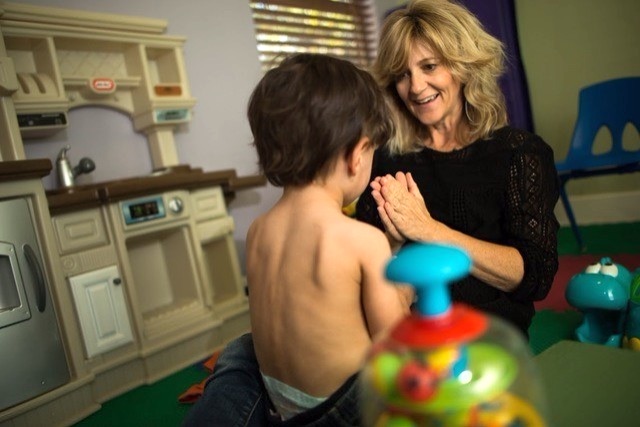
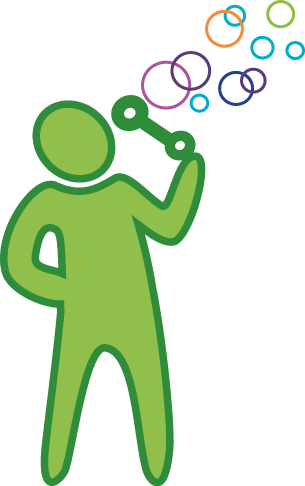
What Is Speech-Language and Feeding Therapy?
Speech, Language and Feeding Services
All children develop differently. However, if you are concerned about how your infant, toddler or child is developing with communication skills or feeding, you might consider a speech, language or feeding evaluation. Below is a checklist to assist you with thinking about your child's development. If you have any concerns, an evaluation might relieve your concerns or help you to address any needs
What is Speech and Language Therapy?
Play is children's "work." Children learn best through play and natural environments, so our speech and language therapy sessions look like play. We use toys, books and games that assist your child in development, but that are fun for your child. Our environment is set up to feel as natural as possible. We will help you use similar activities at home so your child can practice new speech and language
What is Feeding Therapy?
Feeding therapy looks different depending on the age of your baby or child. Therapy sessions will be designed with your specific child's needs in mind - bottle feeding, spoon feeding or learning to eat new foods or food textures. Similar to language therapy, feeding therapy for the toddler or older child will be developmentally appropriate and fun for both you and your child. We will work with any professionals important to your child's development and needs including the occupational or physical therapist, pediatrician, gastroenterologist, dietitian/nutritionist, or other physician. Please see our feeding links for more information about this.
Your child might benefit from Speech Therapy if they have:
- Decreased ability to communicate
- Limited vocabulary for their age
- Poor articulation and enunciation
- Stuttering and fluency issues
- Difficulty understanding what is said to them, difficulty following directions
- Poor verbal or written expression
- Difficulty listening in noisy environments
- Immature sentence structure, immature language, or uses nonspecific words frequently
- Difficulty with problem-solving
- Poor social skills, difficulty having a conversation
- Difficulty with bottle feeding, difficulty with eating: low oral motor tone, drools, is a picky eater
- Decreased attention, difficulty functioning in a group setting
- Difficulty with reading, spelling, and/or writing
- Dyslexia
If you think your child may benefit from Speech Therapy, download the Speech & Language Developmental Checklist
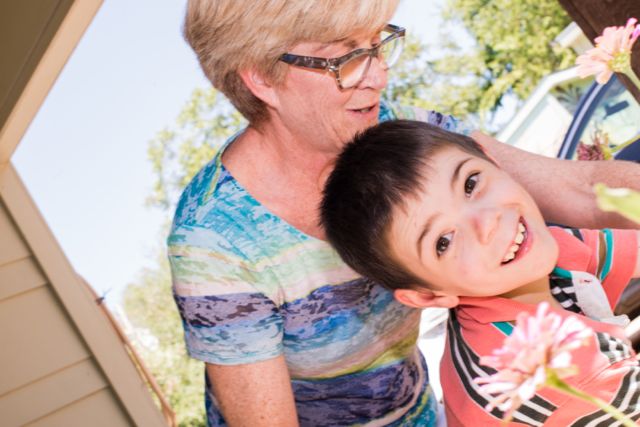
What is Physical Therapy?
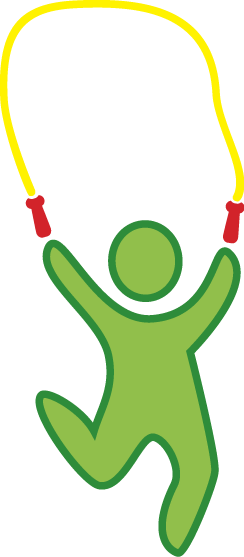
Physical therapy is the preservation, enhancement, or restoration of movement and physical function impaired or threatened by disability, disease, or injury that utilizes therapeutic exercise, physical modalities (such as massage), assistive devices, and patient education and training.
Pediatric physical therapy focuses on improving gross motor skills, balance, trunk control, strength, range of motion, safety in the environment, and activities of daily living. Additionally, pediatric physical therapy can assist with decreasing pain and with return to function after a fracture or minor injury.
Diagnoses include but are not limited to the following:
- Autistic Spectrum Disorder
- Down Syndrome
- Cerebral Palsy
- Seizure Disorders/Epilepsy
- Rett’s
- Torticollis
- Hypotonia
- Juvenile Rheumatoid Arthritis
- Hydrocephalus
- Brain Injury/Concussion
- Muscular Dystrophy
- Ankle Sprains/post-casting fractures
- Sensory Processing Disorder
- Motor Coordination Disorder
- Developmental Disorders
- Neuromuscular Disease
- Genetic Disorders
- Mitochondrial Disorders
- Metabolic Disorders
- Developmental Delay, including premature infants
Your child might benefit from PT if they:
- have poor coordination: if they fall often, trip or run into objects frequently, or even seem uncoordinated jumping and running
- demonstrate poor balance
- have delayed gross motor skill development
- have poor trunk strength: seem to slouch or “w” sit frequently, have trouble staying in chair or sitting upright on the floor
- as an infant, seem to only be looking one way or have a tilted head position
- have suffered an injury and are having difficulty recovering on their own
- seem weaker than peers or have trouble keeping up with peers at school (such as in PE)
- walk on toes frequently
- complain of pain such as in back, foot, etc.
- seem to walk differently than peers or with poor alignment

